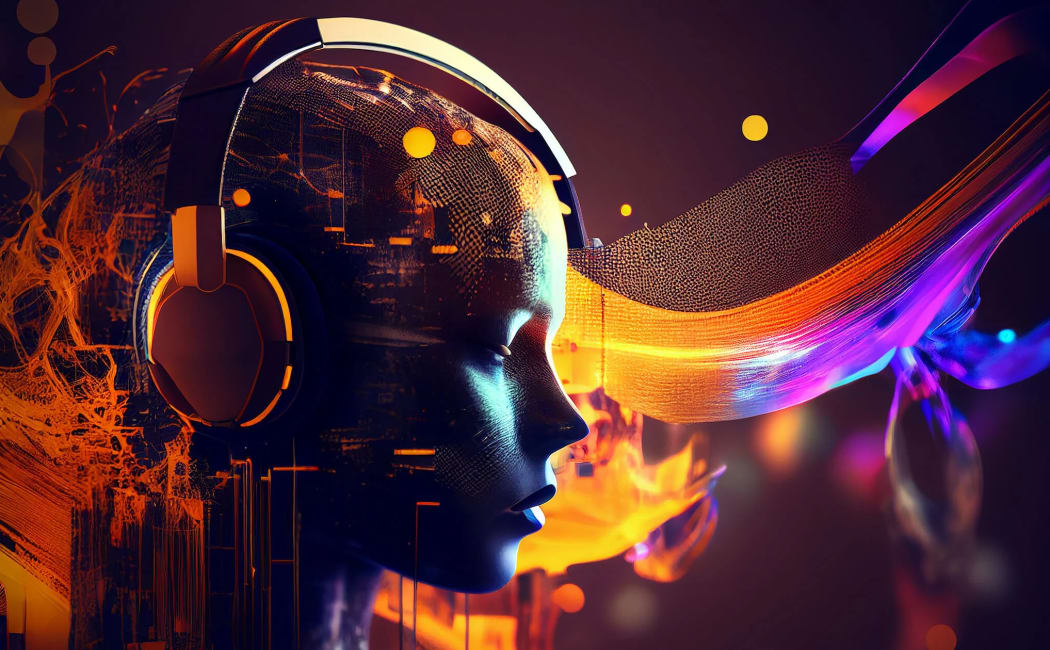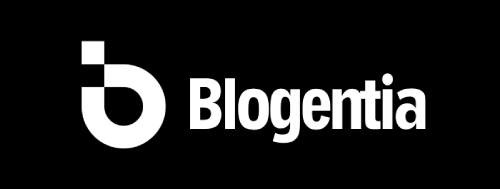OpenAI Preps AI Music-Making Tool: What to Know

OpenAI Could Be Launching an AI Music-Making Tool Soon
There’s growing speculation that OpenAI — the same company behind ChatGPT and its video-generation counterpart Sora — is gearing up to release a new generative‐AI tool designed to create music. This emerging tool could reshape how music is produced, distributed and consumed in the digital age.
The Rumour: OpenAI Enters the Music Arena
According to a report from The Information, OpenAI is collaborating with students at the prestigious Juilliard School in New York to develop a music-generation system. The details remain murky: it isn’t yet clear whether this project will stand alone or will be integrated into an existing product like Sora or ChatGPT.
The prospective tool reportedly offers features such as adding a soundtrack to a video clip or generating instrumental parts to complement vocal tracks — tasks that move beyond mere loop-generation and into fuller composition territory. The move signals OpenAI’s growing ambition in the domain of generative audio and music tools.
Why This Matters: The Rise of AI Music Generation
In recent years, we have seen a surge in the adoption and capabilities of AI-based music tools. A recent overview highlights that “AI music generators can create original music by learning from patterns in existing songs,” thereby enabling creators to produce melodies, harmonies or full arrangements even without formal training. :contentReference[oaicite:5]{index=5}
The global market for “AI in music” is projected to grow from roughly USD 3.9 billion in 2023 to about USD 38.7 billion by 2033 — reflecting a compound annual growth rate of 25.8%. :contentReference[oaicite:6]{index=6} That statistical surge underscores the momentum behind the technology and its expanding role in creative industries.
Back-Ground: OpenAI’s Previous Music Experiments
OpenAI is no stranger to music-generation research. Back in 2020, it released Jukebox — a neural network capable of generating raw audio with singing in multiple genres and artist styles. :contentReference[oaicite:8]{index=8} While Jukebox was more research-centric and required significant technical effort to run, the new project appears to aim at broader user accessibility.
Potential Features & Use Cases
Video Soundtrack Enhancement: One described possibility is that the tool could automatically generate a background score for a video clip — easing the creative burden for content creators.
Instrumental Generation for Vocal Tracks: The system may support generating companion instrumentation when provided with vocals, enabling musicians to focus on lyrics and melody while AI fills in the rest.
Genre/Mood Customisation: Based on user feedback and community suggestions, advanced features might include selecting genres, moods, tempo, multiple voices or harmonies. In fact, a suggestion in the OpenAI developer forum called for “multiple vocalists / quintets … customizable energy & style.” :contentReference[oaicite:9]{index=9}
Industry Reactions: Opportunity vs Risk
This upcoming tool arrives amid both excitement and tension within the music world. On one side, AI music creation offers faster workflows, lower costs and new creative possibilities. On the other, many musicians and industry figures warn that human artists could be sidelined — both creatively and financially.
For instance, concerns around copyright, attribution, and remuneration have emerged as major hurdles. Experts note that while AI tools democratize production, the legal landscape remains unsettled. :contentReference[oaicite:10]{index=10}
Some earlier AI music generators have already triggered industry backlash. The Recording Industry Association of America (RIAA) has pursued legal action against some platforms for alleged copyright infringement via AI-generated tracks. :contentReference[oaicite:12]{index=12} That suggests that when OpenAI enters this arena, the scrutiny will be high.
What This Means for Creators
Lower Barrier to Entry: Musicians, podcasters, indie game developers and social-media creators could soon access high-quality music generation tools without extensive musical training or expensive equipment.
New Creative Hybrid Workflows: Rather than replacing human creativity, many experts view AI as a “musical co-pilot” — assisting with ideas and drafts while human artists retain final creative control. :contentReference[oaicite:13]{index=13}
Copyright & Licensing Vigilance: If you start using AI-generated music, pay attention to licensing terms. Even top tools often require attribution or impose restrictions. As noted by industry commentary, “understand the licensing agreements and attribution requirements” is key. :contentReference[oaicite:14]{index=14}
Risk of Homogenisation: One caution is that as more creators rely on the same AI tools, music may start to sound alike. Maintaining a unique artistic voice will require remixing, post-processing and human-driven editing. :contentReference[oaicite:15]{index=15}
Final Thoughts
As reports suggest, OpenAI’s forthcoming music-making tool may be a transformative moment for the creative ecosystem — especially in the realm of AI-driven content creation. Whether it arrives as a standalone product or as part of ChatGPT or Sora, the implications are far-reaching.
For creators and industry professionals alike, the message is clear: the era of AI music is here, whether you’re ready or not. Adapting to this shift means embracing new workflows, staying informed on licensing and copyright developments, and remembering that while machines can generate music, the human spark still matters.
